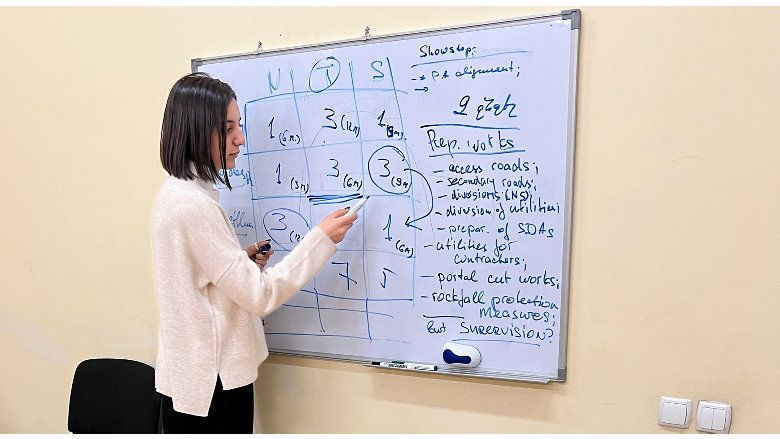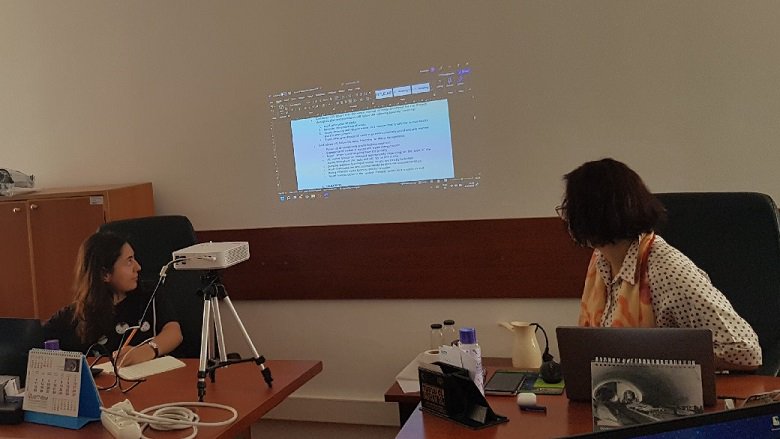On average, women make up only 23 percent of employees in the transport, storage, and communication sector across the Europe and Central Asia region—with many engaged in low-paying jobs, often among administration, sales, catering, and cleaning, while men dominate engineering, driving and managerial roles. And women face significant barriers in accessing engineering and senior management roles that steer development in this critical field. Yet, several countries in the region are taking steps to reverse this trend, with recent gender initiatives demonstrating promise: attracting talent, bringing women’s voices into the policy discussion, and helping drive a more inclusive and resilient future for the sector and the wider economy.
In 2022, Azerbaijan repealed 674 job restrictions on women’s employment, working with the World Bank to show that these roles, such as driving a large bus or laying asphalt, posed no specific threat to women’s health. This major reform will improve women’s access to jobs and positively impact on Azerbaijan's Strategy for Socio-Economic Development 2022-26.
As part of improving rail freight connectivity in Türkiye through the World Bank-financed “Rail Logistics Improvement” project, the Ministry of Transport and Infrastructure (MoTI) is running a female internship program that has accepted 70 interns since 2021. The program involves a 20-day paid internship in roles across MoTI, including whole of department training and project experience.
One of those interns was Habibe Aydın, who worked with the MoTI’s Road Construction Unit. “I learned about technical specifications and terms of reference. We understood more about interoperability. I learned about the master plans for the country. We had calls with stakeholders, and I prepared an Internship Working Plan.”
In Armenia, as part of the World Bank-financed Second Additional Financing to the Lifeline Road Network Improvement Project, the Ministry of Territorial Administration and Infrastructure, jointly with the National University of Architecture and Construction of Armenia has developed a program offering women engineering graduates' six-month paid internships in engineering, design, and road safety, which enabled interns to be part of a project life cycle.
Similar initiatives are underway in Albania and Serbia.
Enthusiasm, Exposure, and Opportunity
Across the region, interns and agencies are reporting high levels of enthusiasm for these initiatives, with strong signs that staff are ready for change and proud of the programs they are running.
Mane Malkhasyan completed a six-month internship in the Road Department with the Ministry in Armenia “It was very interesting, very practical. We rehabilitated 12 roads while I was an intern. The other interns and I were engaged in preparing and reviewing documents. I have been working with expert engineers and now I have experience with the road sector.”
These types of programs are improving women’s employability and, in some cases, leading directly to jobs. Following her internship in the Roads Department, Mane was offered a post in the Ministry’s State Budget section.
These internships also help trainees find mentors, develop their networks, and consider long-term career paths.
Yaren Bal says that after her internship with MoTI's Department of Railway infrastructure she shifted her career and is now consulting on projects “it’s really helped me to find a job.” Sensing her growing employability, she plans to apply for internships in Germany for the summer to gain international project experience.



